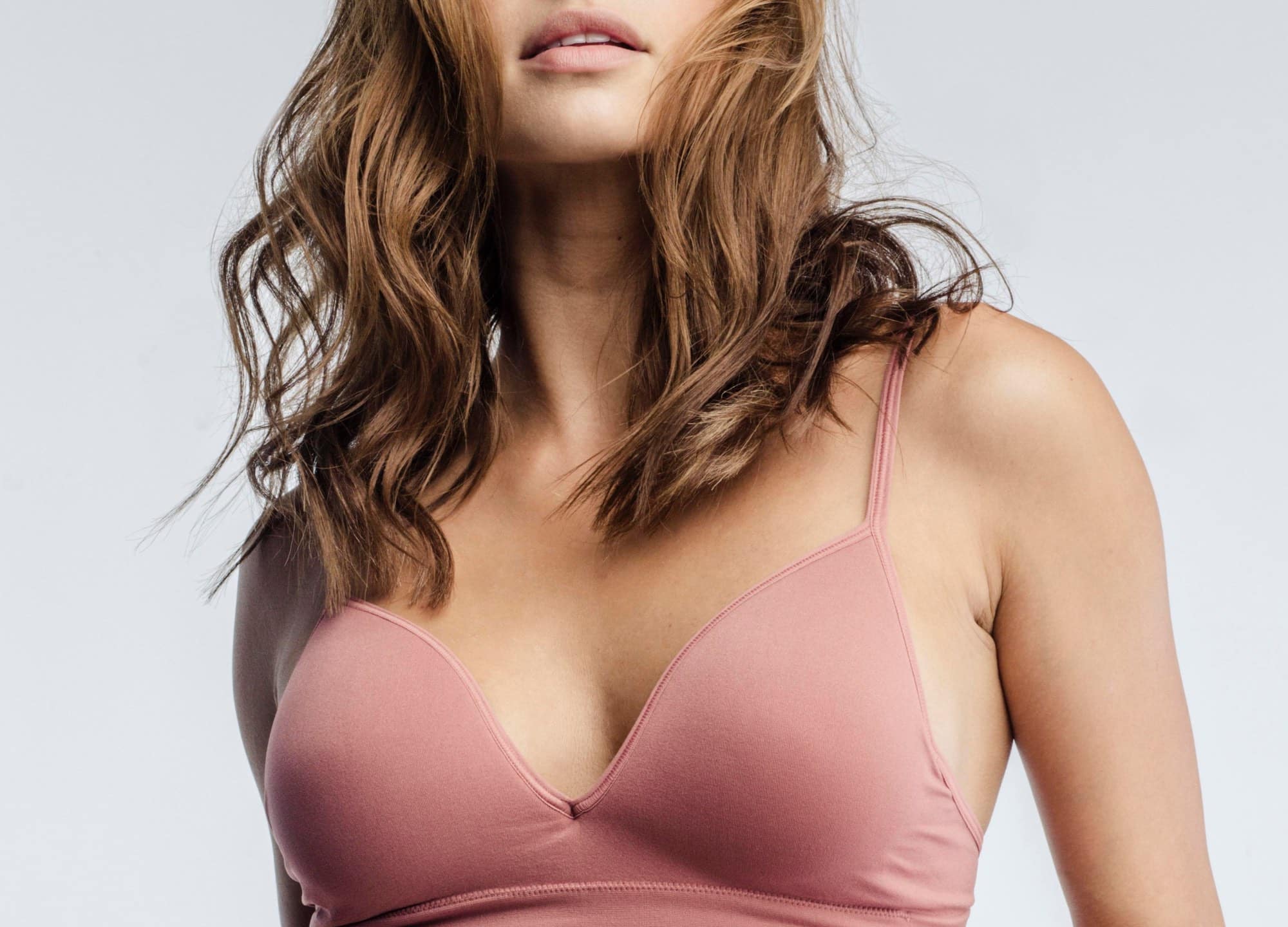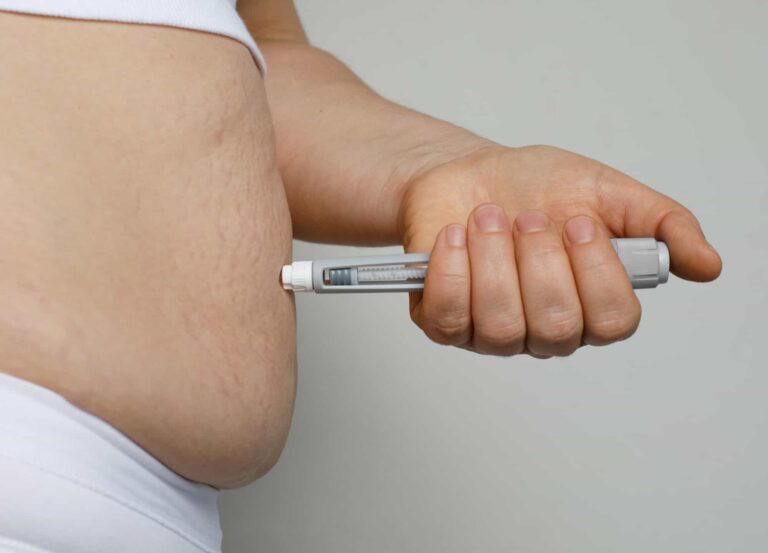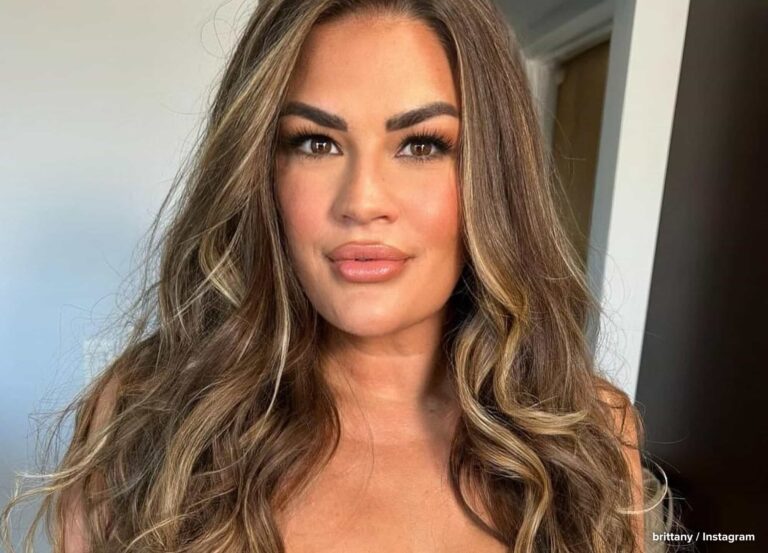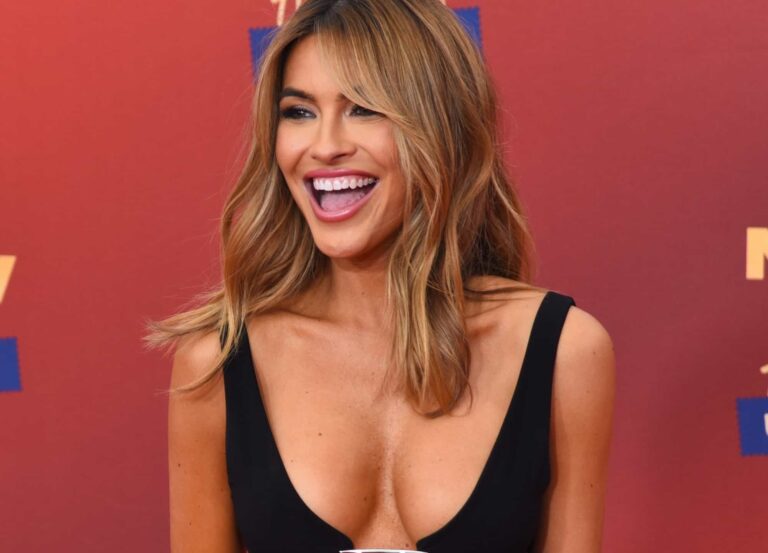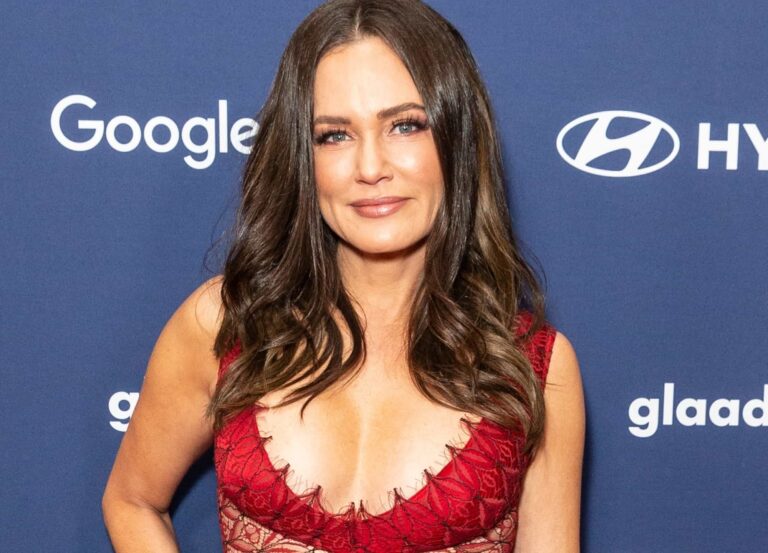Rebecca Holley is a 29-year-old woman living in Corpus Christi, Texas. In 2018, she learned that she’d tested positive for the BRCA2 gene mutation, which significantly increases the risk of developing breast cancer. In fact, 69% of women who inherit it will develop breast cancer before the age of 80, according to the National Cancer Institute. Holley chose to get a double prophylactic mastectomy, which may reduce breast cancer risk by up to 95%.
This is her story, as told to Deanna Pai and edited for length and clarity.
A year and a half ago, my mom did genetic testing. She had been diagnosed with breast cancer 12 or so years ago, had done a single mastectomy—it was just localized to one breast at the time—and was concerned about developing it in her other breast. She tested positive for the BRCA2 gene mutation, so I decided to test as well—because who really wants to play Russian roulette with that?
I tested positive for the mutation. Afterward, the genetic counselor gave me the list of options: “You can do chemo preventively, but not until you’re 35. You can have your ovaries out when you’re 40, and that’ll reduce your risk by X amount or by Y amount.” But cancer isn’t anything that I wanted to play around with—my dad is an oncology pharmacist, so I hear lots of stories about treatments his patients are going through. I wanted my risk reduced by the total amount. The only way to attain that was with the double prophylactic mastectomy, so I decided to go forward with it.
Related: I Had Triple-Negative Breast Cancer and Got a Double Mastectomy
The first breast surgeon that I went to tried to talk me out of it. He said, “Oh, we don’t really do this on younger women. Once you’ve had your kids, that’s kind of when you start looking at it.” It just didn’t jive with me very well. I knew what I wanted in life. My husband and I had been married for two years at the time and didn’t want to have kids, so I didn’t feel like I would be losing anything in that regard by going forward with a prophylactic surgery.
[Editor’s Note: A double prophylactic mastectomy removes all the breast tissue, including the milk ducts, so it’s not possible to breastfeed after surgery.]
I met with Dr. Chet Nastala, who sat me down and said, “Tell me about yourself. Tell me how you got to where you are and what you want from life going forward.” It was like night and day. As soon as I told him that I knew what I wanted, he was like, “All right, let’s see what we’re working with,” and went from there. It was the best experience that I could’ve had.
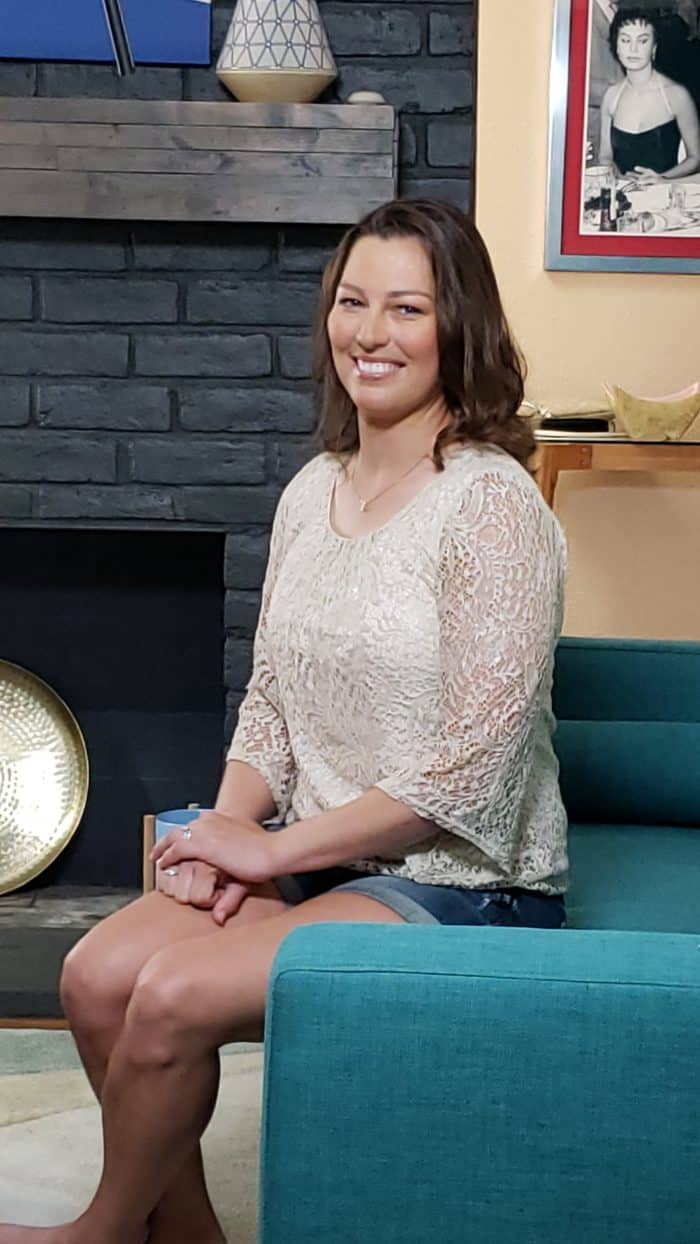
The first surgery was in August 2018. In the mastectomy, they remove all the breast tissue. I did a nipple-sparing, so I still have my nipples, my skin, and everything—it’s just the tissue underneath [that’s removed]. And when they did that, they also put the tissue expanders in, which is the first phase of reconstruction. I wanted to do the implants under the muscle, because that was going to give the more real kind of look, and I didn’t want to look like I’d gone into surgery one way and come out super-drastic on the other end. I wanted to look natural.
Still, I didn’t realize that it would be such a mental thing. I’m not saying that there’s anyone who really could have prepared me for that, but it’s a difficult thing to wake up the morning of your surgery, look in the mirror one last time, and see this normal person with her own breasts. Then you wake up eight hours later and you think, “My body’s totally different.”
I started gaining confidence as the process with the expanders continued, and I started to see glimpses of a final result. I was so excited to choose my new breast size. I had been an A cup, so I thought, “Oh, I’ll go a little bit bigger and make my clothes fit better.” I had always joked with my mom about getting an augmentation but figured I was never going to get around to it—so I used it as a positive experience.
The second surgery was in December 2018. I wanted to have a nice, soft look and a natural droop instead of two balloons sitting up under my chin, so Dr. Nastala said, “Based on what you want, Mentor is the one that you’re going to get.” I totally trusted his judgment, so I said, “Give me what you think is going to make me look the best and the most natural.” That’s why I have Mentor implants.
Related: 5 Things You Need to Know About Your Breast Reconstruction Options
It took me a few months to feel totally comfortable in my skin, since I had had a little bit of weight gain and was just getting used to these body changes. But this April, I finally said to myself, “All right, stop being stupid. You look like a rock star. Start acting like it!” Looking back, I think that was part of the journey I had to experience—because there was just no way to start that process and feel like, Yeah, I’ve got this in the bag!
It’s a crazy-scary thing! I hadn’t even wanted to talk about it, so the only people who knew were my close friends and family. I didn’t want the whole world knowing about my breasts and all that—it just seemed too personal.
But I realized that was so stupid, because the one thing I had needed was to talk to another young woman who’d done a prophylactic mastectomy. It’s different for me to talk to my mom because of our age difference and being at such different points in our lives. Now, someone can read this and say, “Hey, I have a friend that was just diagnosed with BRCA2—maybe you should call this girl or find out how you can get in touch with her.”
It feels amazing knowing that I outsmarted cancer. It all goes back to having an amazing medical team—from my OB-GYN, as the first serious medical voice advocating for my genetic testing, to my surgical team in San Antonio, carrying out the procedure and following through with what I have now.
I’m so excited to finally feel comfortable and confident enough to share my story. I’ve done Brazilian jiu-jitsu for about 10 years and don’t worry when I grapple with the guys—although I do tell them, “Hey guys, be careful. Don’t pop my boobs.” I ride horses, I go sailing, and I’ve gotten back into swimming. I’m back into my regular routine and feel good about myself. There’s life after this. That’s the biggest thing that I’ve learned: There’s life after a double prophylactic mastectomy.
Recommendations from Rebecca:
- Find a surgeon you’re comfortable with, who is going to support you through the process and be there with you every step of the way.
- Talk to your family—your significant other, your husband, whoever you need to—and make sure that you’re on the same page about what you’re going to get, coming out of this, if you choose to go forward with it.
- Remember that the pain is temporary and the results are final.







